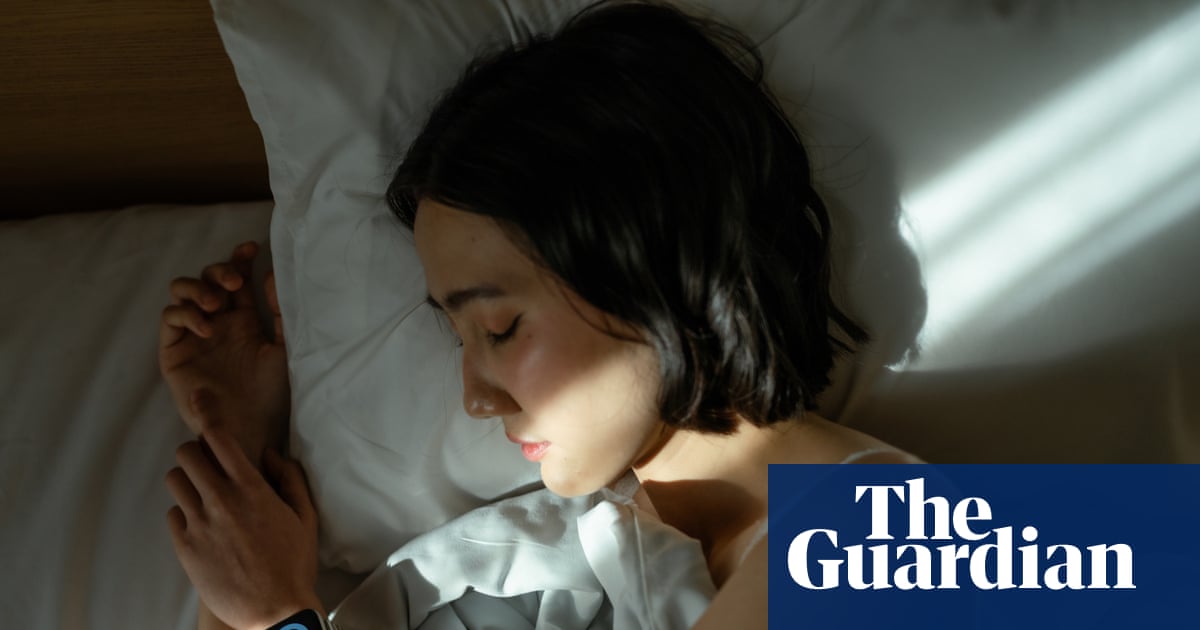
"And I literally say, I'm not sure yet, let me check,' and Annie, a chief people and safety officer, reaches for her smartwatch. Annie started monitoring because she worried she wasn't getting enough good-quality sleep. Now she's a self-confessed sleep data nerd, mining her sleep data for insights into her general health and wellbeing, using it to inform lifestyle decisions and even occasionally to guide how much she aims to accomplish in a day."
"Sleep monitoring is a boom industry, mirroring what devices and apps such as Fitbits and Strava have done for physical activity. Market reports vary on the value of this industry, but it is clearly lucrative and growing rapidly. A quick search reveals a wide range of devices rings, headbands, watches and other wrist-worn devices, under-mattress devices and bedside devices all suggesting their use will unlock such quality sleep as to make Rip Van Winkle jealous."
Many people begin their day by checking sleep data on wearables. Some users monitor sleep due to concerns about sleep quality and use the data to guide lifestyle choices and daily goals. Sleep monitoring is a rapidly growing, lucrative industry with devices including rings, headbands, watches, under-mattress sensors, and bedside monitors. An estimated 40% of Australians lack sufficient good-quality sleep and about one in ten experience chronic insomnia. Sleep trackers have increased awareness of sleep importance and healthy patterns and likely produced positive effects, but excessive focus on sleep metrics can paradoxically make sleep worse.
Read at www.theguardian.com
Unable to calculate read time
Collection
[
|
...
]